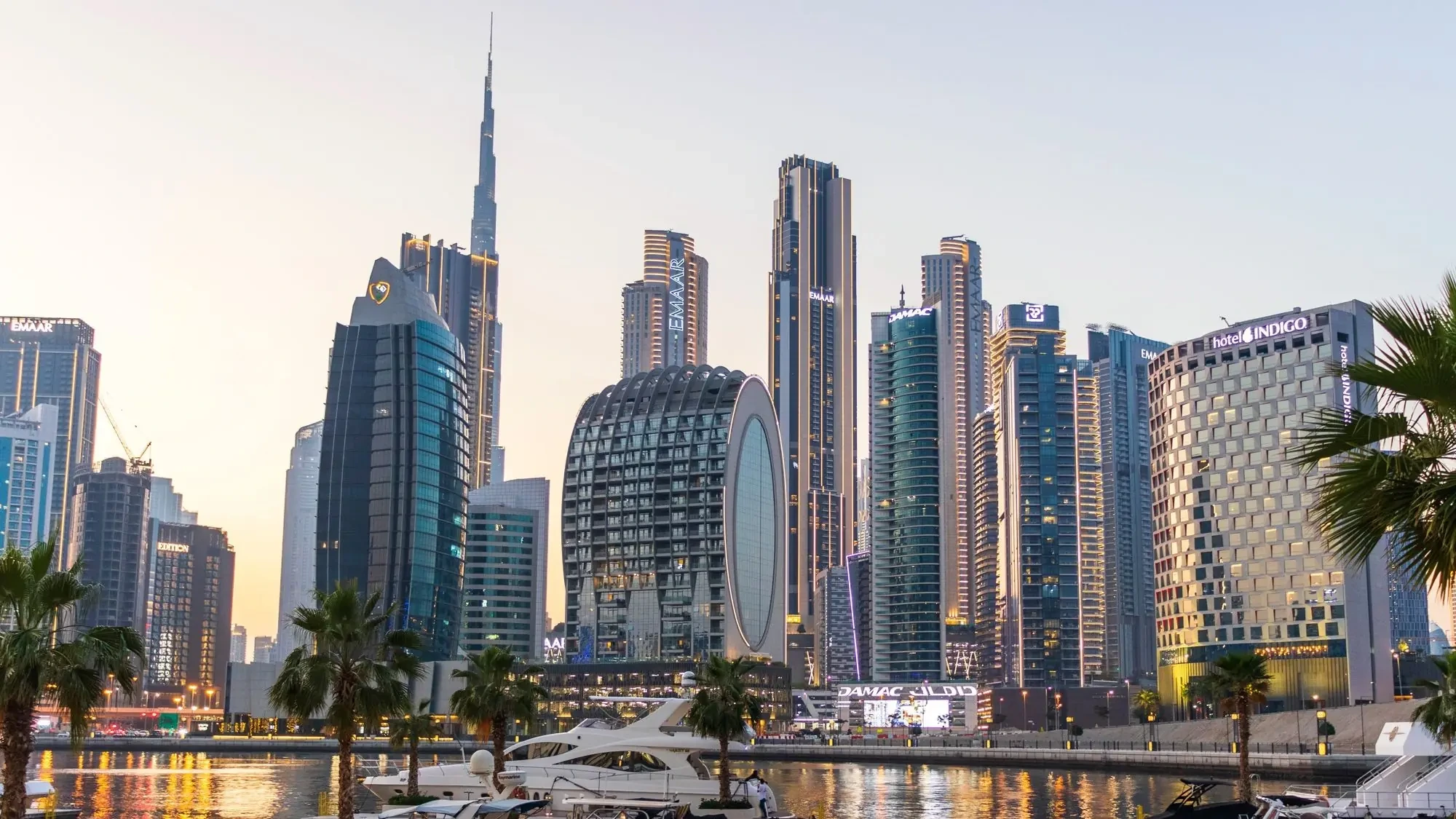Islamabad 8 August: A startling disclosure by a media source has unveiled that 58,000 Pakistanis possess assets worth $8 billion across 57 countries, igniting a fierce debate over offshore wealth, dual citizenship, and governance accountability.
Earlier Pakistan’s Defence Minister, Khawaja Muhammad Asif, used his official X (formerly Twitter) account to claim that over half of the country’s bureaucrats have acquired property in Portugal and are preparing to obtain foreign citizenship.
The revelation, shared on social media and linked to discussions on platforms like Siasat.pk, highlights a network of 750 government officials—including serving and retired personnel with dual citizenship—56 politicians, among them 24 former parliament members and 8 current lawmakers, alongside 37,000 individuals who have renounced their Pakistani citizenship.
Additionally, 7,000 Pakistanis have acquired properties in Dubai over the past 15 years, raising questions about the origins of these funds.
The journalist claims suggest a complex web of financial interests, with the $8 billion figure encompassing real estate, bank accounts, and other investments tracked through international data leaks or registries. The inclusion of 750 officials, many with dual nationalities, points to potential conflicts of interest, while the 56 politicians—24 of whom previously served in parliament and 8 still active—fuel allegations of systemic corruption.
The 37,000 who abandoned their citizenship may indicate a trend of elites relocating wealth abroad, possibly to evade scrutiny, a pattern echoed by the 7,000 Dubai property acquisitions, a known haven for Pakistani investors.
The disclosure has sparked varied reactions. Supporters of transparency hail it as a call for investigation, with some linking it to global efforts like the Pandora Papers, which exposed offshore holdings of Pakistani elites in 2021.
Critics, however, question the data’s authenticity, arguing it lacks official corroboration from bodies like the Federal Board of Revenue (FBR) or the State Bank of Pakistan (SBP). Siasat.pk threads suggest public frustration, with users demanding audits, though the platform’s history of hosting unverified claims—such as its 2015 shutdown over alleged government pressure—casts doubt on the narrative’s reliability without hard evidence.
Government sources have remained silent, but the National Accountability Bureau (NAB), fresh from auctioning Bahria Town properties, may face pressure to probe these findings. The mention of Dubai ties resonates with recent trends on X, where overseas Pakistani investments are debated, though such discussions often lack conclusive proof.
Dual citizenship among officials and lawmakers contravenes Pakistan’s constitutional restrictions under Article 63(1)(c), which bars holders of foreign passports from public office, adding legal weight to calls for action.
READ MORE: Half of Bureaucrasy Accquired Property & Portugese Citizenship:Khawja Asif
Experts caution that the $8 billion estimate could be inflated or incomplete, as global asset tracking relies on voluntary disclosures and leaks, not comprehensive audits. Still, the scale—spanning 57 countries—suggests a significant outflow, potentially undermining Pakistan’s economy, already strained by a record $8.14 billion food import bill in FY25. As the story gains traction, the public awaits official response, with demands growing for a parliamentary inquiry to separate fact from speculation in this unfolding financial saga.









